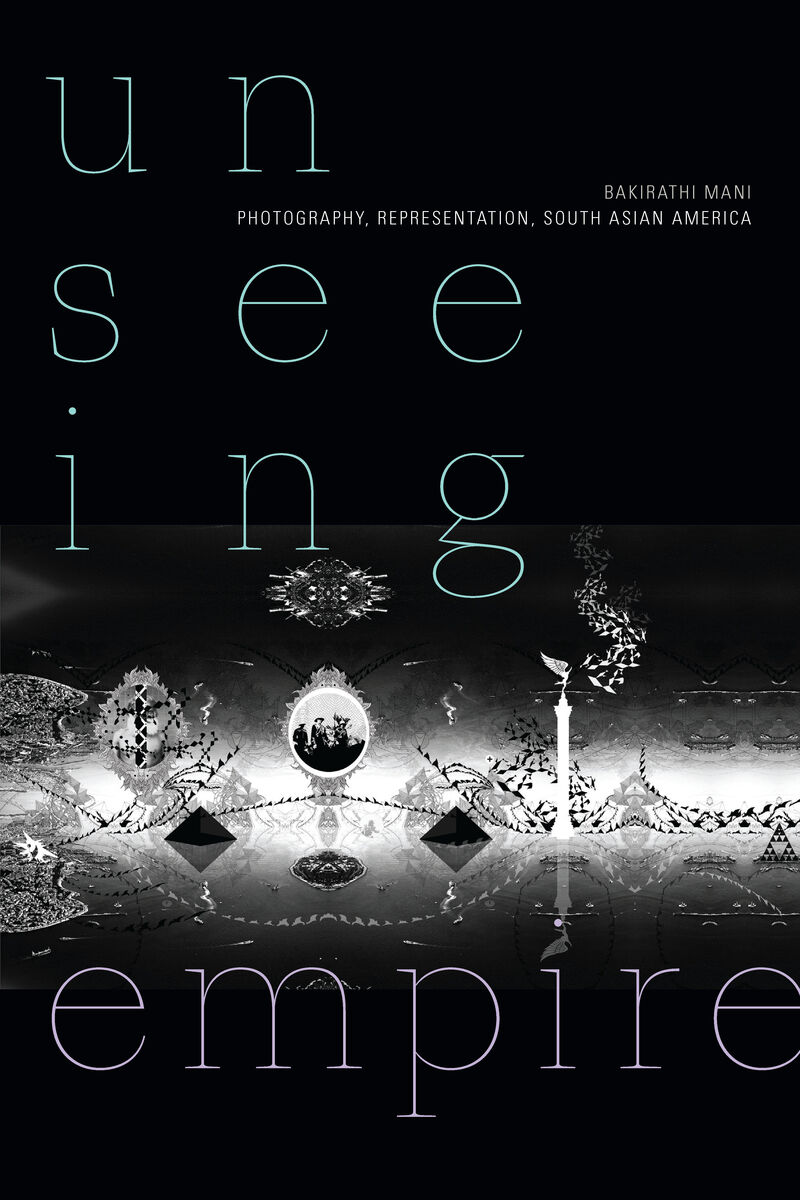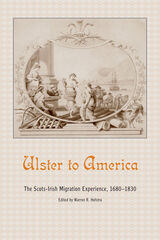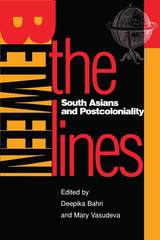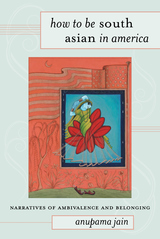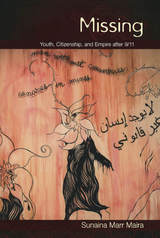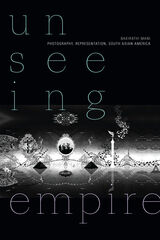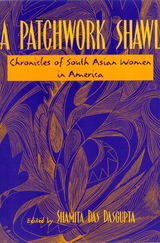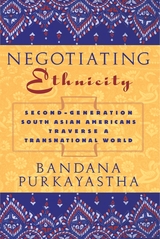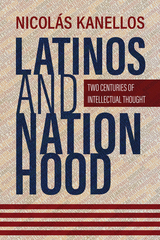Unseeing Empire: Photography, Representation, South Asian America
Duke University Press, 2020
Cloth: 978-1-4780-0984-9 | eISBN: 978-1-4780-1243-6 | Paper: 978-1-4780-1089-0
Library of Congress Classification E184.S69M365 2020
See other books on: Asian American & Pacific Islander Studies | Cultural assimilation | Ethnic identity | South Asian Americans | South Asian diaspora
See other titles from Duke University Press
Cloth: 978-1-4780-0984-9 | eISBN: 978-1-4780-1243-6 | Paper: 978-1-4780-1089-0
Library of Congress Classification E184.S69M365 2020
ABOUT THIS BOOK | AUTHOR BIOGRAPHY | REVIEWS | TOC | REQUEST ACCESSIBLE FILE
ABOUT THIS BOOK
In Unseeing Empire Bakirathi Mani examines how empire continues to haunt South Asian American visual cultures. Weaving close readings of fine art together with archival research and ethnographic fieldwork at museums and galleries across South Asia and North America, Mani outlines the visual and affective relationships between South Asian diasporic artists, their photographic work, and their viewers. She notes that the desire for South Asian Americans to see visual representations of themselves is rooted in the use of photography as a form of colonial documentation and surveillance. She examines fine art photography by South Asian diasporic artists who employ aesthetic strategies such as duplication and alteration that run counter to viewers' demands for greater visibility. These works fail to deliver on viewers' desires to see themselves, producing instead feelings of alienation, estrangement, and loss. These feelings, Mani contends, allow viewers to question their own visibility as South Asian Americans in U.S. public culture and to reflect on their desires to be represented.
See other books on: Asian American & Pacific Islander Studies | Cultural assimilation | Ethnic identity | South Asian Americans | South Asian diaspora
See other titles from Duke University Press
